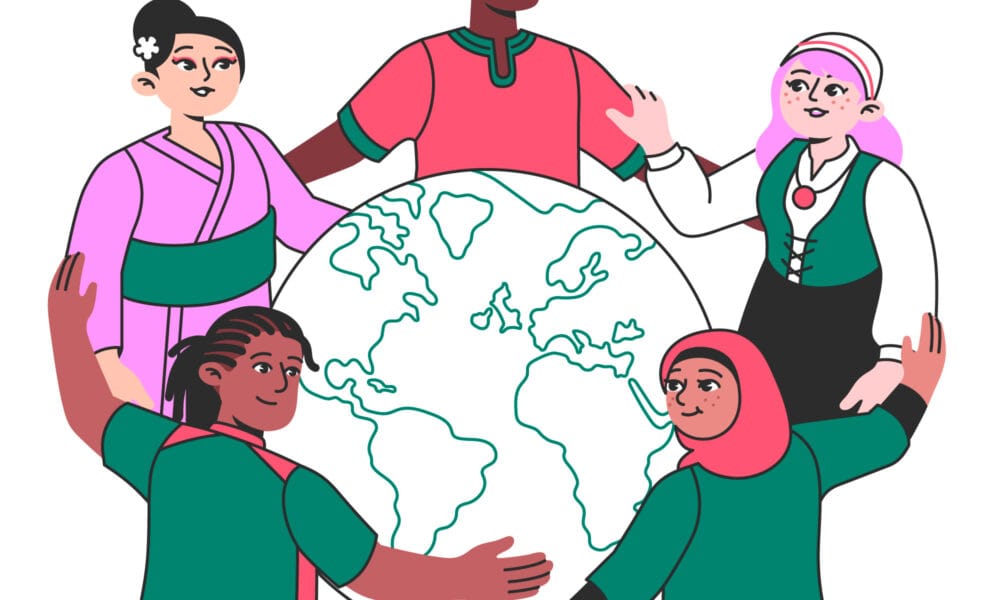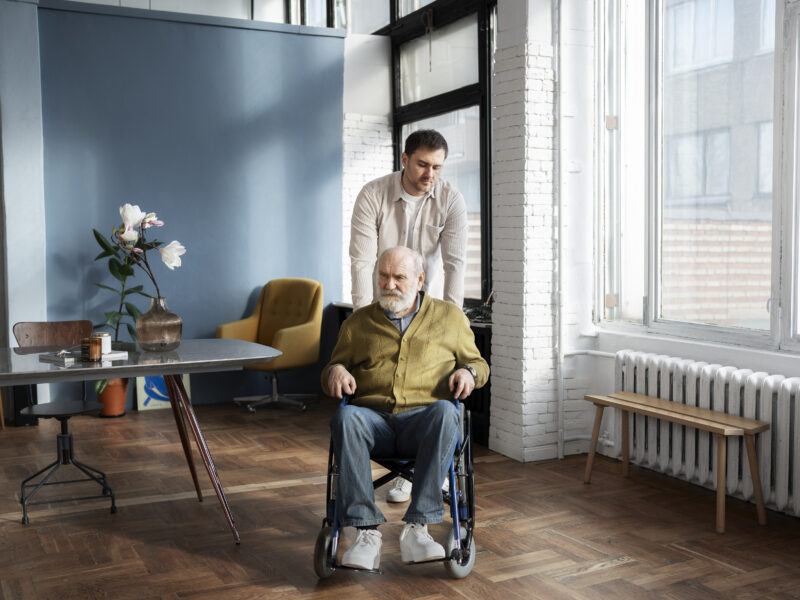Australia is one of the most culturally diverse countries in the world, with over a quarter of the population born overseas. For people living with disabilities, receiving support that respects their cultural needs is essential to their well-being and independence. As the National Disability Insurance Scheme (NDIS) continues to expand and evolve, the demand for culturally appropriate NDIS services has become a central focus.
What Are Culturally Appropriate NDIS Services?
Culturally appropriate NDIS services refer to support and care that respect, understand, and align with a participant’s cultural values, beliefs, and practices. This approach goes beyond simply providing physical care or assistance with daily activities. It is about delivering services that feel welcoming, familiar, and respectful of each individual’s cultural background. For Indigenous Australians, migrants, and people from other diverse communities, culturally appropriate services are not just a preference – they are a necessity.
Why Is This Need Growing?
As the Australian population becomes increasingly diverse, the disability support system must adapt to meet the needs of all its participants. The NDIS has made significant progress in providing support, but cultural sensitivity and inclusion must remain a priority. Below are a few key reasons why culturally appropriate NDIS services are becoming more important:
- Growing Cultural Diversity
Australia’s cultural landscape is continuously changing. The 2021 Census showed that nearly 30% of Australians were born overseas, and many of these individuals live with disabilities. The demand for disability services that cater to diverse cultural needs has never been higher. As more people from different cultural backgrounds enter the NDIS system, it’s essential that services are tailored to reflect their unique needs and values. - Respecting Cultural Practices and Beliefs
Different cultures have varying views on disability, caregiving, and the role of family. For instance, some Indigenous communities view disability through a spiritual lens, which may influence the way they seek help and the types of care they prefer. Recognizing these perspectives helps build trust and ensures that people feel comfortable and understood when accessing support services. - Reducing Barriers to Access
People from culturally diverse backgrounds, especially those who speak a language other than English, may feel excluded from the NDIS system. Language barriers, lack of cultural awareness, and unfamiliarity with how to navigate the system can discourage people from seeking the help they need. Offering culturally sensitive services, including bilingual staff, cultural awareness training for providers, and access to culturally appropriate resources, can help reduce these barriers and encourage participation. - Improving Outcomes for Participants
When participants feel that their culture is respected, they are more likely to engage with services and trust the professionals supporting them. This leads to better outcomes, not only in terms of disability support but also in fostering a sense of community and belonging. Culturally competent service providers are more likely to build stronger relationships with participants and their families, which ultimately supports the achievement of individual goals.
Examples of Culturally Appropriate NDIS Services
Culturally Sensitive Staff Training
NDIS providers are increasingly recognizing the importance of training staff to be culturally aware. This involves educating staff on the beliefs, values, and practices of different communities, particularly Indigenous Australians and migrant groups. Staff who understand cultural nuances are better equipped to offer respectful, personalized care.
Bilingual Support and Interpreting Services
For many people with disabilities, language can be a significant barrier to accessing NDIS services. Offering bilingual support staff or access to professional interpreters ensures that people can communicate effectively with their care providers. This is particularly important for people whose first language is not English, allowing them to fully understand the services they are receiving and to express their needs.
Incorporating Traditional Practices
For some cultures, traditional healing practices play a vital role in health and well-being. Integrating these practices into the NDIS system can provide a more holistic approach to care. For example, some Indigenous Australians may prefer using traditional medicines or therapies alongside mainstream treatments. Respecting and incorporating these preferences into the care plan can make a significant difference in outcomes.
The Future of Culturally Appropriate NDIS Services
As the NDIS continues to grow and evolve, it is clear that there must be an ongoing commitment to cultural sensitivity. For the system to be truly inclusive, it’s not enough to simply acknowledge cultural diversity – service providers must actively work to ensure their services reflect the needs of all communities.
The NDIS must continue to collaborate with local cultural organizations, community leaders, and advocacy groups to ensure that services are developed in consultation with the people they aim to serve. It’s also important for the government to provide more resources to support culturally appropriate services, such as funding for training and community outreach programs.
Conclusion
Culturally appropriate NDIS services are not just an added bonus; they are a crucial part of ensuring all Australians, regardless of background, can access the support they need. As our country’s cultural makeup continues to evolve, so too must the NDIS, ensuring that people with disabilities can live as independently and comfortably as possible, with services that recognize and respect their cultural identity. The growing need for culturally appropriate services calls for an inclusive and proactive approach from providers, community leaders, and policymakers, all working together to build a more accessible and welcoming NDIS for everyone.





